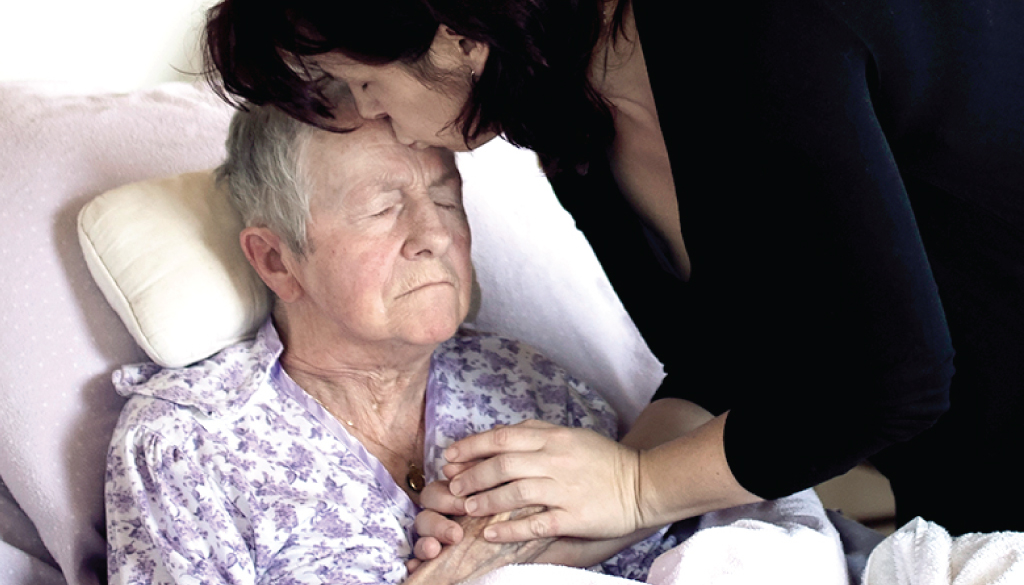On June 26, Canadian Institute for Health Information (CIHI) released a new report intended to paint a picture of the effects of dementia on Canadians. CIHI’s news release highlights that almost half of unpaid caregivers of seniors living with dementia experience distress.
“Dementia is a challenging disease which many families struggle to manage at home. This important report speaks to the experiences of unpaid caregivers of people living with dementia,” says Daniel Fontaine, BCCPA, CEO and recent appointee to the federal Ministerial Advisory Board on Dementia.
“Perhaps most notable is the increasing number of people living with dementia,” says Fontaine, referring to the report’s finding that the number of seniors in Canada who are living with dementia has increased 83 per cent between 2002 and 2013.
“This points not only to the urgent need for more research, but also stresses why we can’t wait to prepare B.C.’s health care system to support the people and families who these statistics represent.”
According to the news release issued by CIHI, the data shows the following:
- Children and spouses most commonly take on the role of caregiver of seniors with dementia (58% and 32%, respectively).
- 45% of caregivers of seniors with dementia experience distress, compared with 26% for caregivers of other seniors.
- Unpaid caregivers of seniors with dementia spend an average of 26 hours a week providing care, compared with 17 hours for caregivers of other seniors.
“While caring for someone with dementia can be a very meaningful experience, this report also speaks to the difficulties caregivers can face. This is why we must act now to strengthen the systems and supports which help families manage. BCCPA was incredibly pleased to see the B.C.’s announcement of 75 million dollars for respite care and adult day programs, but there is more to be done, including increasing home support visit times and addressing the health human resource crisis,” says Fontaine.
“A time will come for most families where it is no longer possible to support a person living with dementia. BCCPA also works with our members to ensure that the best possible care is available when the time comes for someone to transition into long-term care,” Fontaine adds.
The report also speaks to a number of other areas including the differences in care experienced by seniors with and without dementia and information on family doctor preparedness, the impact of falls, access to palliative care, young-onset dementia, prevention and treatment and unpaid caregivers.
*Feature image by CIHI





